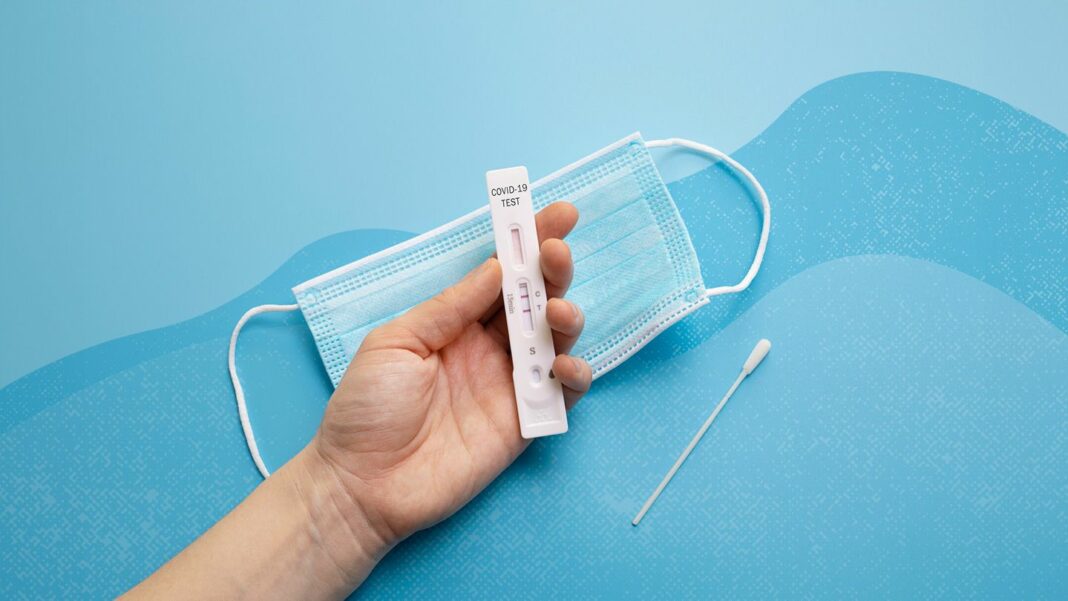You Just Got COVID: Now What?
Understanding COVID-19
COVID-19 is a respiratory illness caused by the novel coronavirus SARS-CoV-2. It spreads through respiratory droplets when an infected person coughs, sneezes, or talks. The symptoms of COVID-19 can range from mild to severe and may include fever, cough, shortness of breath, fatigue, body aches, loss of taste or smell, and more.
What to Do If You Test Positive
If you have tested positive for COVID-19, it is important to follow these steps:
- Isolate yourself at home to prevent the spread of the virus to others.
- Contact your healthcare provider for guidance on managing your symptoms and monitoring your condition.
- Stay hydrated, get plenty of rest, and take over-the-counter medications to alleviate symptoms.
- Notify close contacts about your diagnosis so they can get tested and quarantine if necessary.
Seeking Medical Attention
If your symptoms worsen or you have trouble breathing, seek medical attention immediately. Hospitals and healthcare facilities are equipped to provide care for COVID-19 patients and can help you manage severe symptoms and complications.
Recovering from COVID-19
Most people with COVID-19 recover at home without needing hospitalization. It is important to continue isolating until you have met the criteria for discontinuing isolation, which typically involves being symptom-free for a certain period of time. Follow up with your healthcare provider for guidance on when it is safe to resume normal activities.
Preventing the Spread of COVID-19
Even after recovering from COVID-19, it is important to continue taking precautions to prevent the spread of the virus. Wear a mask, practice social distancing, wash your hands frequently, and follow local health guidelines to protect yourself and others.
Conclusion
Receiving a positive COVID-19 diagnosis can be overwhelming, but with proper care and precautions, most people can recover at home. It is crucial to follow health guidelines, seek medical attention if needed, and take steps to prevent the spread of the virus to protect yourself and others.
FAQs
Q: How long does it take to recover from COVID-19?
A: Recovery time can vary depending on the severity of symptoms, but most people with mild cases recover within two weeks. Severe cases may require longer recovery times.
Q: Can I get COVID-19 again after recovering?
A: It is possible to get reinfected with COVID-19, but reinfection is rare. Immunity after recovering from COVID-19 may provide some level of protection against future infections.
Q: How can I support someone who has COVID-19?
A: Offer emotional support, help with errands or tasks, and check in regularly to see how they are feeling. Encourage them to follow healthcare guidelines and seek medical help if needed.



